Teaching Mennonite Literature
Pleasure increases when it is shared—especially when it comes to good books. And teaching is one of the primary ways to promote this kind of sharing. The eight essays in this issue—four written by Canadians, and four by US authors—suggest a stimulating array of approaches to teaching Mennonite literature in college, university, and seminary settings—both secular and demoniational—that will inspire readers to think about it in new ways and contexts. Some authors beg the question of what Mennonite literature is, but read collectively, these essays strongly suggest that it is, indeed, a “thing.” Ervin Beck and Hildi Froese Tiessen, highly regarded scholars in the field, reflect on rich careers shaped by their love of reading and sharing Mennonite literature and bringing this into the classroom. As the fortunate inheritor of Ervin Beck’s Mennonite Literature class at Goshen College, I have contributed an essay that focuses on the element of creating writing and self-discovery opportunities for students in Mennonite literature classes. Grace Kehler and Paul Doerksen describe courses they have developed for students in graduate and seminary settings. Tanis MacDonald writes about teaching Mennonite literature as Canadian literature from the perspective of an non-Mennonite. Joshua Brown and Robert J. Meyer-Lee write about using Mennonite texts in courses that are not focused on Mennonite literature. Karen Yoder, our featured poet, is also a teacher. We hope you will join the conversation with your comments. (Click on the little cloud conversation icon in the top right hand corner of the essay to do so.)
Ann Hostetler
28 January 2016
In this issue:
-
1
read more
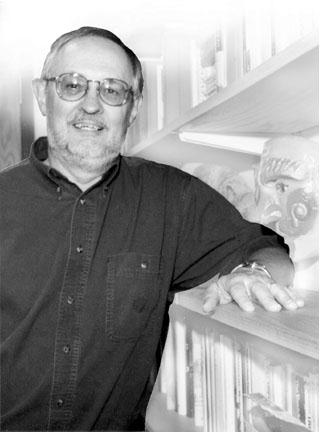
Mennonite Literature at Goshen College
by Ervin BeckIn the fall semester of 1995, the first course in the U.S. devoted to the college level study of Mennonite Literature was taught at Elizabethtown College in Pennsylvania by Anna Kreider Juhnke, professor of English at Bethel College, North Newton, Kansas, while she and her husband James were fellows at the Young Center for Anabaptist and Pietist Studies.
Anna's course, emerging during the late 20th century production of excellent literature by North American Mennonite writers, included these major works in the syllabus: Merle Good's film Hazel's People, Julia Kasdorf's Sleeping Preacher, Sara Stambaugh's I Hear the Reaper's Song, …
-
0
read more
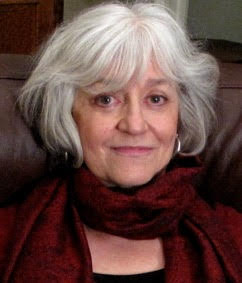
Thirty Years of Mennonite Literature: How a Modest Course Became Something Else
by Hildi Froese TiessenYou never know, someone told me once upon a time, with urgency, what sorts of things might spin off from almost anything you do, anyone you know. Well, my experience with Mennonite writing and Mennonite writers might be a case in point. Mind you, I’m not sure my earliest encounters with Rudy Wiebe in 1962, when he was a Young People’s sponsor in a Winnipeg Mennonite Brethren Church and I was, briefly, one of his teenage charges, led to anything in particular. Nevertheless, I recognize in retrospect that our meeting then might have been a kind of starting point to …
-
0
read more
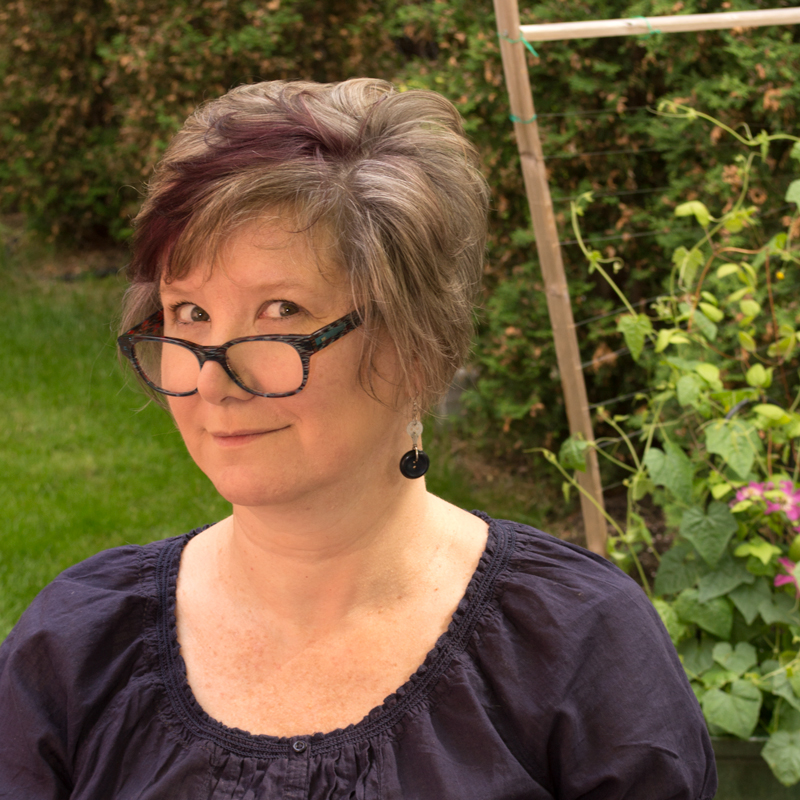
What are you doing here?: Mennonite Literature and de Englische Professor
by Tanis MacDonaldWhenever I teach Canadian literature, my first task is to find out what students expect Canadian literature to be, and my experience suggests that the students tend to be fairly conservative in their expectations, partly because their previous educational experiences have led them in that direction. By "conservative" in this case, I mean that students generally expect to read "books that define the nation" circa 1975: realist novels from which I will magically draw out a definition of "Canadian identity" for them. Like many Canadian literature specialists, I'm not interested in doing that, mostly because I think students are going …
-
0
read more

Teaching Mennonite Literature as Witness
by Grace Kehler"The greatest benefit we owe to the artist, whether painter, poet, or novelist, is the extension of our sympathies. Appeals founded on generalizations and statistics require a sympathy ready-made, a moral sentiment already in activity; but a picture of human life such as a great artist can give, surprises even the trivial and the selfish into that attention to what is apart from themselves, which may be called the raw material of moral sentiment." (George Eliot, "The Natural History of German Life" 263)
"Stories animate human life; that is their work. Stories work with people, for people, and always stories …
-
0
read more

American Literary Regionalism and the Authenticity of Place:
by Joshua R. BrownNestled in the ridge and valley landscape of northern Appalachia is the tiny Central Pennsylvania town of Belleville. Heading west out of Belleville on Main Street, just before the brick Locust Grove Mennonite Church, Wills Road meanders to the left, and, rounding a corner alongside the Kishacoquillas Creek, a cemetery comes into view. The weathered stones record the history of the Kishacoquillas “Big” Valley–Bylers, Hartzlers, Hostetlers, Kanagys, and Yoders are among the dead. One of those weathered stones records the final resting place of Rosana, Wife of Christian Z. Yoder, 1837 - 1895. She is a celebrity, known throughout the …
-
2
read more
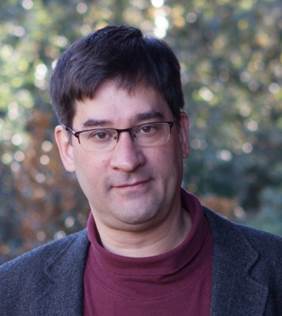
Catholics, Mennonites, and Women: Julia Spicher Kasdorf and the Dreaded Humanities Survey
by Robert J. Meyer-LeeA funny thing happened on the way to the delivery of a large (65-student) interdisciplinary general education humanities survey. Everything was perhaps as expected when the two faculty members assigned to co-teach the course—one from music, one from English—determined that the unifying theme (for a course that covered centuries of artistic expression in both disciplines) would be the relation of literature and music to the sacred. They were, after all, teaching at Goshen College. And, not surprisingly, these two white male academics (or, more precisely, one white male Catholic pianist and one mixed-race-but-passes-for-white-male ex-Mennonite Quaker medievalist) decided to include a …
-
0
read more
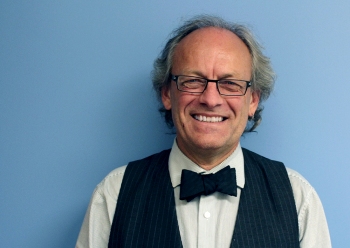
Teaching Mennonite Literature in Conversation with Theology
by Paul DoerksenFor the last number of years, I have offered an annual course relating to the intersection of theology and literature at Canadian Mennonite University. The course is offered at the third year undergraduate level, and can be taken as either theology or English credit. We read both formal theological material and literature, including some poetry, but mostly novels. The relationship between literature and theology is broadly conceived: the impetus is not to use literature to illustratetheology, or to use theology to 'discipline' literature, but rather to bring these kinds of sources intoconversation with each other.[1] Put another way, what …
-
2
read more
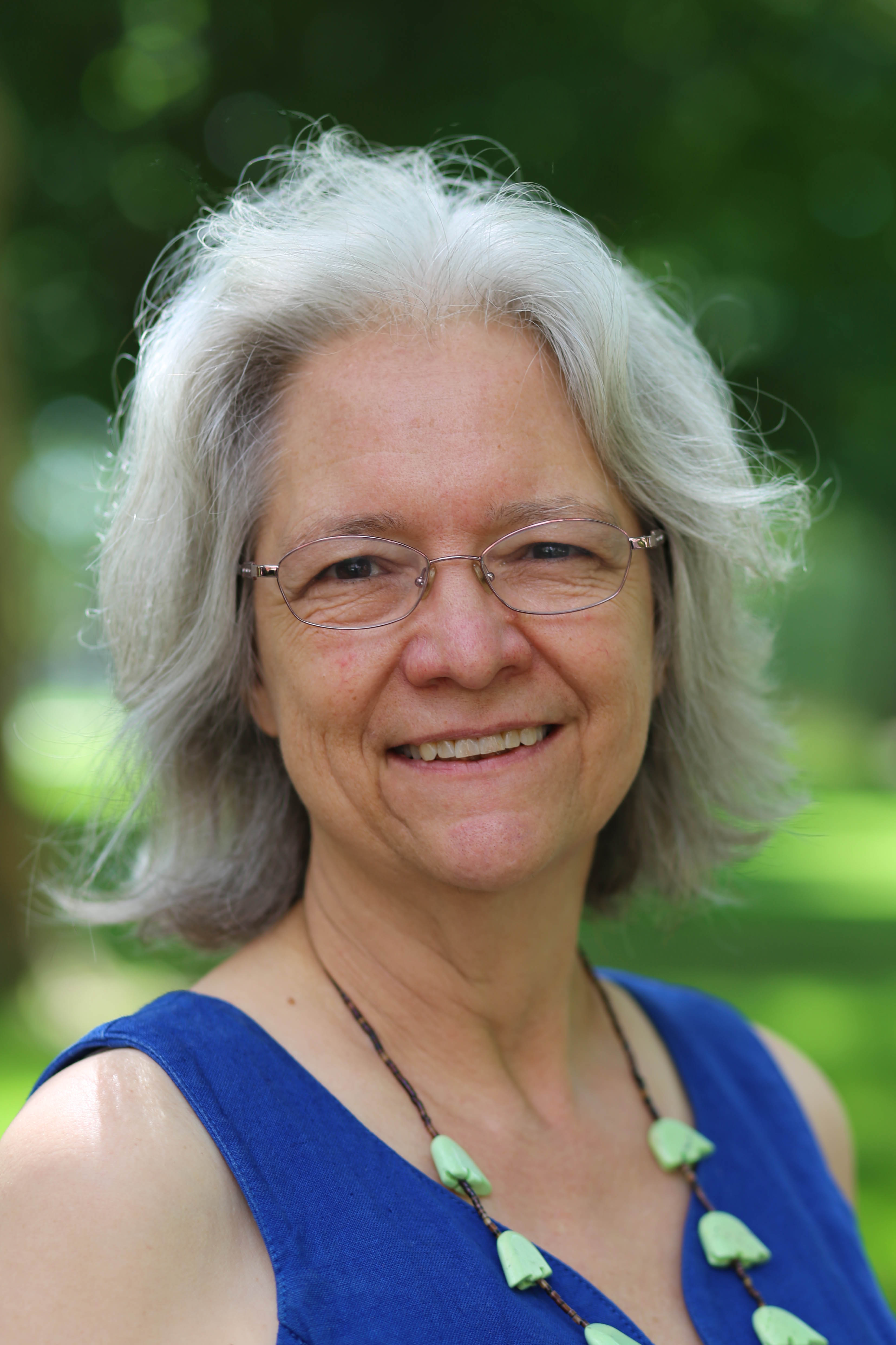
Learning, Teaching and Creating Mennonite Literature
by Ann HostetlerShortly after I discovered that poetry by Mennonite writers actually existed, and had begun work on creating the anthology of those I couldn’t find, I was fortunate enough to be hired at Goshen College in the English Department. I came to Mennonite literature as a scholar of African American and other multicultural American literatures as well as a closet poet; it was Ervin Beck, the chair of Goshen College’s English Department, who first brought me into the fold of Mennonite literary studies through trial by fire—inviting me to share the stage with Jeff Gundy and Hildi Froese Tiessen at a …
-
0
read more
Four Poems inspired by Mennonite lives
by Karen YoderKaren Yoder is a teacher and a poet. Her poems have appeared previously in the Journal of the Center for Mennonite Writing.